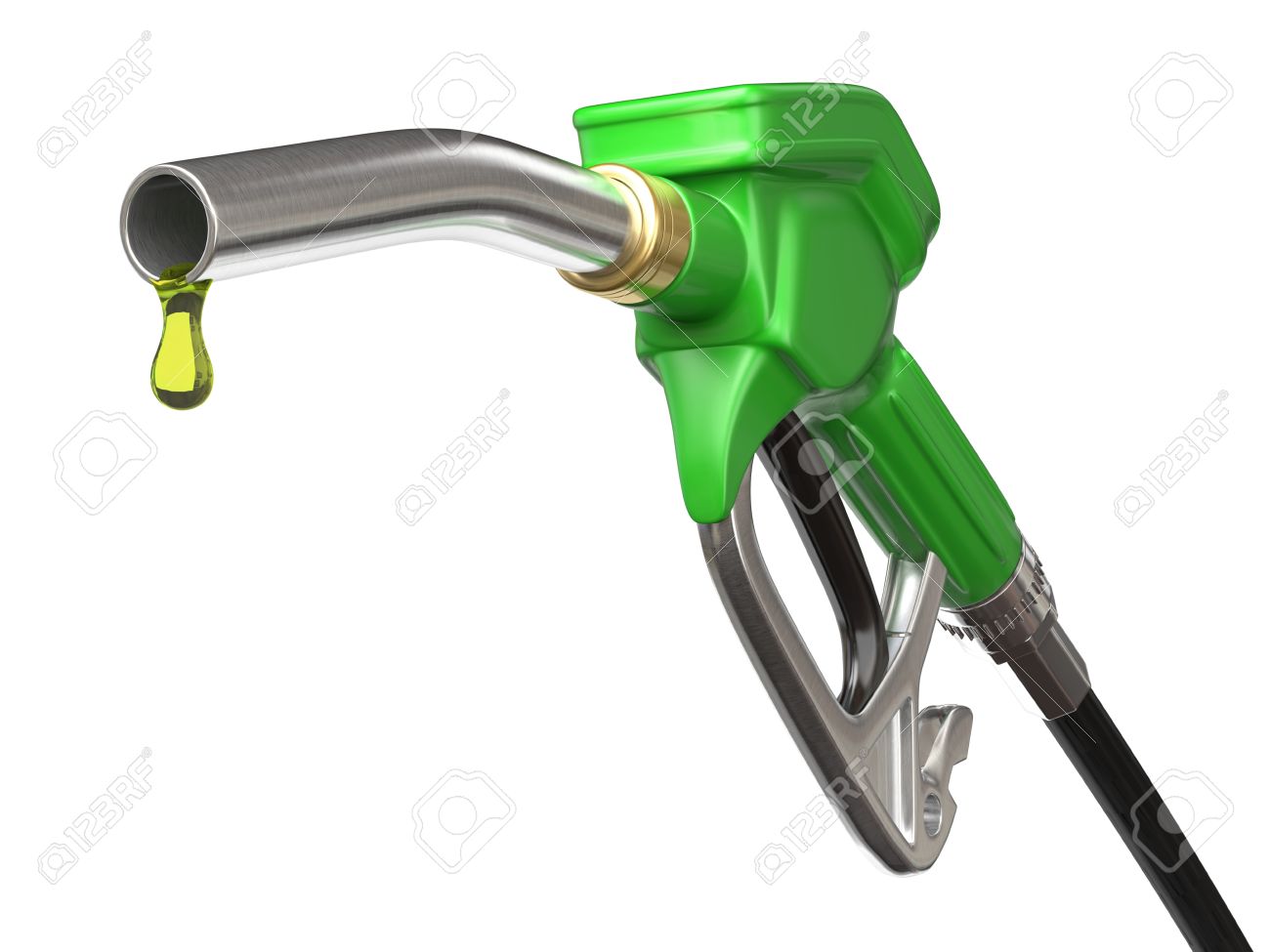Business
Inflation Hits 15.92%, Highest In Five Months

Nigeria’s Consumer Price Index rose to 15.92 per cent in March, latest figures from the National Bureau of Statistics show, The PUNCH reports.
This new rate is the highest the country has recorded since November 2021, when inflation rate dropped to 15.99 per cent.
The rise in the inflation rate in March shows that Nigeria is not left out in the global inflation surge currently being witnessed.
The United States’ labor department on Tuesday disclosed that the country’s inflation rate rose to 8.5 per cent in March, the highest since 1981.
The rise in global inflation rates has been associated with the rise in energy prices caused by the war between Russia and Ukraine
The NBS in its “CPI report for March 2022” revealed that Nigeria’s inflation fell by 2.25 per cent when compared to 18.7 percent in March 2021.
However, March’s inflation rate is 0.22 per cent higher than 15.70 per cent recorded in February.
The report said, “In March 2022, the consumer price index, which measures inflation increased to 15.92 percent on a year-on-year basis.
“This is 2.25 percent points lower compared to 18.17 percent, the rate recorded in March 2021. This means that the headline inflation rate slowed down in March 2022 when compared to the same month in the previous year.
“Increases were recorded in all COICOP divisions that yielded the headline index. On month-on-month basis, the headline index increased to 1.74 percent in March 2022, this is 0.11 percent points higher than the rate recorded in February 2022 (1.63 percent).”
READ ALSO: Nigeria’s Inflation Rate Drops To 15.60% In January
According to the NBS, the percentage change in the average composite CPI for the twelve months period ending March 2022 over the average previous twelve months period is 16.54 percent, showing a decrease of 0.19 percent compared to 16.73 percent recorded in February.
The urban inflation rate increased to 16.44 percent year-on-year in March showing a decline of 2.32 percent from the rate recorded in March 2021, the report noted.
Similarly, rural inflation increased to 15.42 percent in March 2022 with a decrease of 2.18 percent points from 17.60 percent recorded in March 2021.
In terms of food inflation, the NBS report revealed that the composite food index rose to 17.20 per cent in March from 17.11 per cent recorded in February.
The rise in inflation rate was attributed to increases in the price of food items such as bread, cereal, potatoes, yam and other tubers, fish, meat, among others.
Business
Naira Extends Appreciation Against US Dollar

The naira extended appreciation against the dollar at the official foreign exchange market on Wednesday.
The Central Bank of Nigeria’s data showed that the Naira further firmed up on Wednesday to N1,418.26 per dollar, up from N1,419.07 exchanged on Tuesday.
Wednesday’s uptrend represents a slight N0.80 gain against the dollar on a day-to-day basis.
READ ALSO:Naira Records Significant Appreciation Against US Dollar
Meanwhile, at the black market, the Naira remained unchanged against the dollar at N1,480 per dollar on Wednesday, the same rate recorded the previous day.
The development comes as Nigeria’s foreign reserves further rose to $45.62 billion as of January 6th, 2026.
Recall that on Tuesday, the Naira posted a N10.24 gain against the dollar.
Business
Naira Continues Gain Against US Dollar As Nigeria’s Foreign Reserves Climb To $45.57bn

The Naira appreciated further against the United States Dollar at the official foreign exchange market, beginning the week on a good note.
Central Bank of Nigeria data showed that the Naira strengthened on Monday to N1,429.31 per dollar, up from N1,430.85 exchanged on Friday, 2 January 2026.
This means that the Naira gained N1.56 against the dollar on Monday when compared to N1,430.85 last week Friday.
READ ALSO:Naira Records Significant Appreciation Against US Dollar
At the black market, the Naira dropped by N5 to N1480 per dollar on Monday, down from N1475 traded Friday.
The development comes as the country’s external reserves rose to $45.57 billion as of Friday last week.
Business
NNPCL Reduces Fuel Price Again

The Nigerian National Petroleum Company Limited, NNPCL, has again reduced its premium motor spirit price.
In Abuja, on Monday morning, it was gathered that NNPCL retail outlets have reduced their fuel price to N815 per liter, down from N835.
This means that the NNPCL filling stations cut their price by N20.
The fresh price has been implemented at NNPCL filling stations in Wuse Zone 6 and 4 Abuja, Keffi-Abuja Road, and Kubwa Expressway.
READ ALSO:Fuel Price Cut: NNPCL GCEO Ojulari Reveals Biggest Beneficiaries
An NNPCL filling station attendant, who preferred anonymity, told DAILY POST that the new price was implemented on Sunday evening.
However, the N815 per liter is N79 higher than the N739 per liter sold at Dangote Refinery’s backed MRS filling stations nationwide.
DAILY POST recalls that NNPCL on December 19, 2025, cut its price of petrol by N80 to N835 amid a price war among players in the country’s oil downstream sector triggered by Dangote Refinery’s gantry price reduction to N699 per liter.

 News4 days ago
News4 days agoWhat I Saw After A Lady Undressed Herself — Pastor Adeboye

 Headline4 days ago
Headline4 days agoPROPHECY: Primate Ayodele Reveals Trump’s Plot Against Tinubu

 Metro4 days ago
Metro4 days agoArmed Robbers Shot PoS Operator To Death In Edo

 Business3 days ago
Business3 days agoNNPCL Reduces Fuel Price Again

 Metro3 days ago
Metro3 days agoAAU Disowns Students Over Protest

 Metro4 days ago
Metro4 days agoJoint Task Force Kills 23 Bandits Fleeing Kano After Attacks

 Politics4 days ago
Politics4 days ago2027: Rivers APC Pledges To Follow Wike’s Instructions

 Metro3 days ago
Metro3 days agoNine Soldiers Feared Dead In Borno IED Explosion

 Metro3 days ago
Metro3 days agoEdo: Suspected Kidnappers Kill Victim, Hold On To Elder Brother

 Entertainment4 days ago
Entertainment4 days agoAnthony Joshua Returns To UK In Private Jet
























